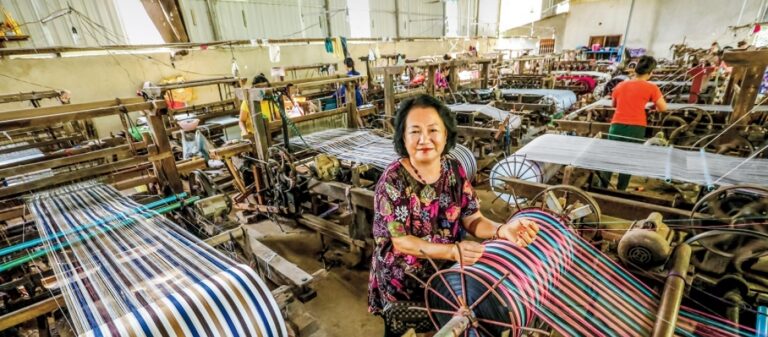
Global Value Chain (GVC) has highlighted the benefits of international trade and global participation. What seemed impossible for developing countries now seem possible. How can developing countries especially in Africa, Caribbean and Central America (ACCA) zone participate and benefit from GVCs while positively impacting Small and Medium Enterprises (SME)? GVC is the fragmentation of large scale production process globally to gain efficiency and low unit cost.
Developing countries have benefited from job creation through transitioning from mainly agriculture sector to added-value manufacturing process for their commodities. This has led to skilled job participation which according to many World Bank reports, generates higher wages compared to unskilled jobs. These higher wages have translated into improved living standard with better healthcare, education and an overall increase in human capital.
GVC has had an impact into Africa, Caribbean and Central America through China which has been the largest beneficiary of GVC. The extension of GVC into Africa for example has resulted in foreign direct investment increase from $75 million in 2003 to 5.4 billion in 2008 according to China Africa Research Initiative. African economies as a result of this increased GVC participation, have lowered tariffs on manufacturing products, parts and components by 25 percent over the past decade.
In Ethiopia for example, there are several special zones that were set up to concentrate on reform and infrastructure investment to assist with GVC trade. In fact, there has been many fixed locations set up to assist in boosting added-value processing.
Africa’s economic performance over the last 15 years has improved considerably. After two decades of negative per capita growth, GDP growth has averaged 5 percent per year and GDP per capita has increased by 30 percent since 2000. GVC a major contributor. At US$60 billion foreign direct investment into the region, it is five times the level in 2000, and trade flows have expanded by 10 percent per year over that same period. These positive developments are taking place within a context of expanding participation in global value chains. Regional (African) value chains can also play a significant role in offering local producers, including small and medium enterprises (SMEs) opportunities to access fast-growing and more easily accessible markets across Africa.
Value-added manufacturing processing has for a long time been a challenge for developing countries mainly because of lack of infrastructural facilities; governance structure to implement effective rules and regulations; supporting financing structures; educated, skilled labor and political stability to state a few. However, many countries especially in Africa, Caribbean and Central America do have population with basic skill levels and more. Many businesses in those regions operate in small settings with little to no exposure. They support small local projects with little impact either on a national or regional basis. Many were set up for survival reasons with little opportunity to scale.
Fragmentation of large-scale manufacturing in different location as a result of GVC will now enable these small operating firms to participate in large projects and in the process improve their skills, efficiency and productivity levels. More importantly, it gives SMEs in developing nation like in the ACCA zone a greater opportunity to specialize and at the same time improve on production efficiency. For these countries to actively participate in GVC and earn greater benefit similar to countries in Southeast Asia such as South Korea, China, Vietnam, Singapore and Malaysia, governance issues must first be addressed.
GVC Challenges in ACCA economic zone
Many challenges hold back full participation and benefit from GVC. ACCA countries must firstly address these issues:
- effective regulatory and legal frame to implement and exercise contracts
- thriving domestic market with earning power to make purchases
- educated and skilled labor with process for continuous training
- good physical infrastructure to support manufacturing and logistics
- effective communication system
- importantly continued political stability at all levels of government.
For many of these countries, failure to solve these primary issues have led to continued decades of under-development.
Key solution is to cultivate an effective SME ecosystem to build on existing strengths. This is a bottom-up approach that addresses economic, social and political challenges. An SME ecosystem can start with transitioning large number of informal small businesses into the formal sector. ACCA countries have about 60% of their small businesses operating in the informal sector. Compared to 30% in western economies, many businesses fail to benefit from GVC participation. In the process, these informal firms fail to utilize financing, technical and business assistance – be it from local or international source. Ironically, many of these small businesses do possess technical know-how to participate in many GVC projects. Shea butter and palm kernel process, leather goods process and artistic designs are few examples.
A value-add process has wider local and regional benefit leading to improvement in living standard. Many countries in ACCA do have some form of Small Business Administration, but their result is mixed. Governments must give SBA activities a top priority overseen at the top, but without undue political influence. SBA tentacles must extend to every aspect of economic policy. Over time, SME involvement would translate into greater country participation in GVC projects.


